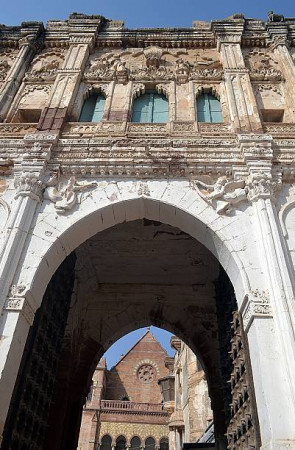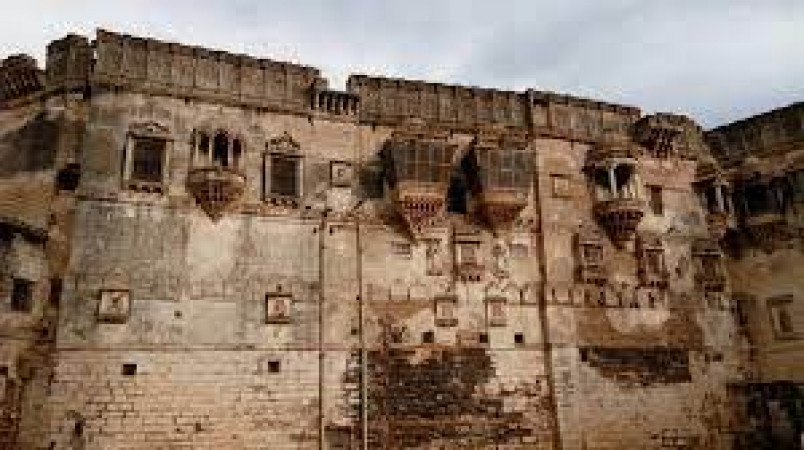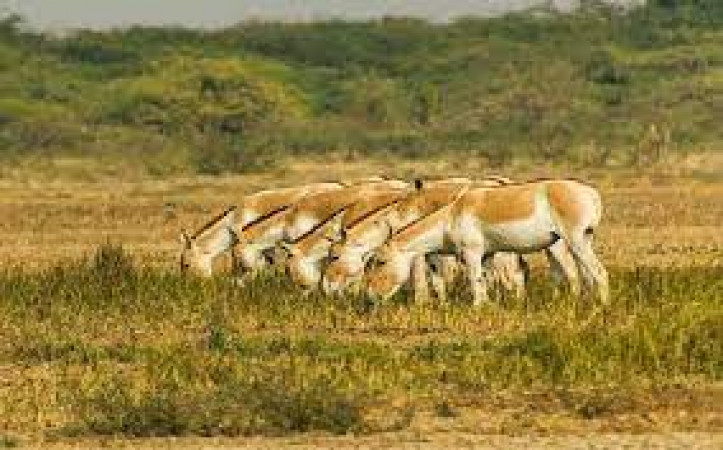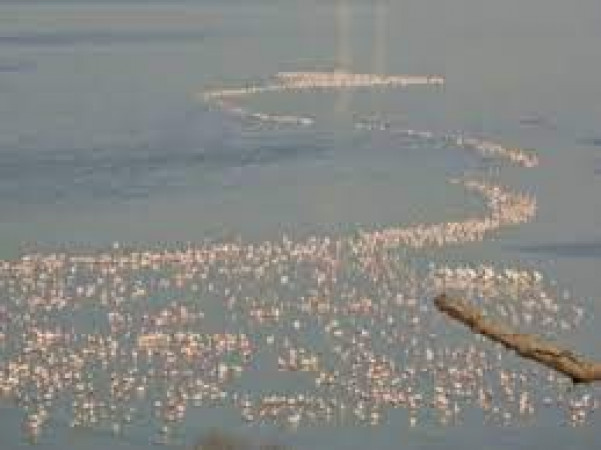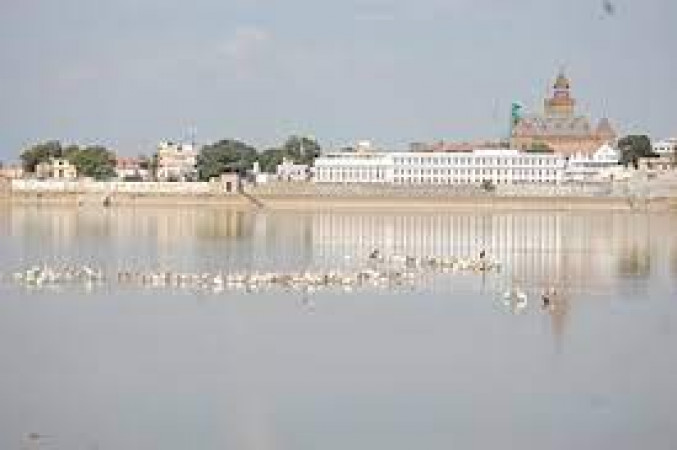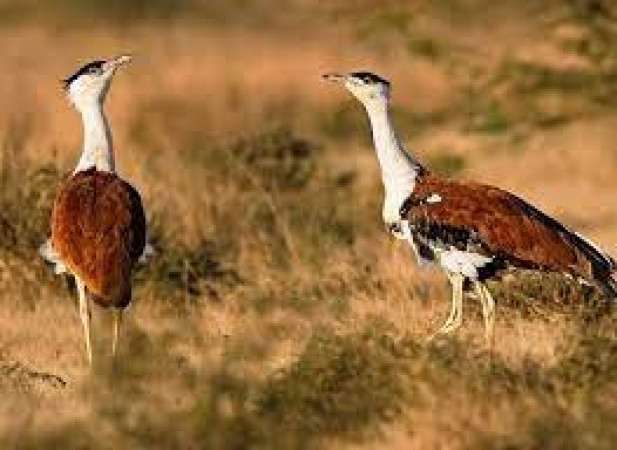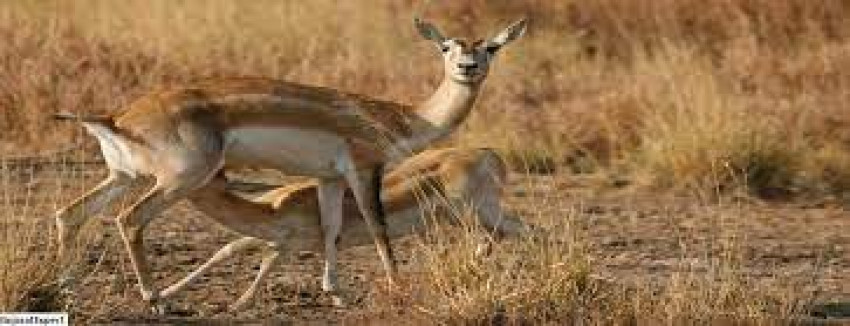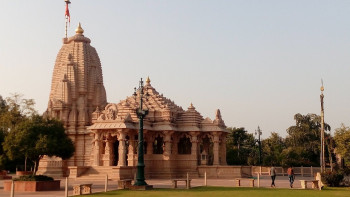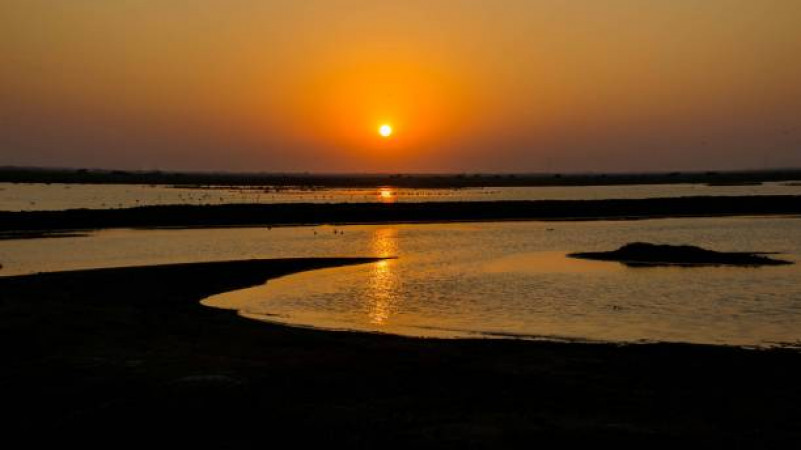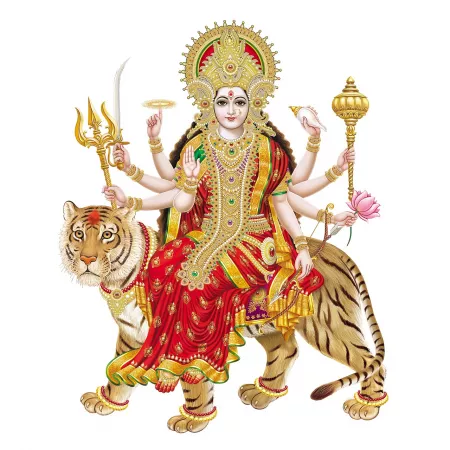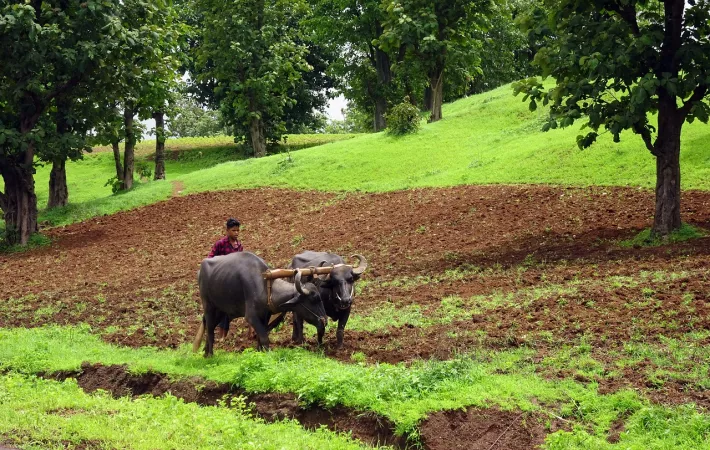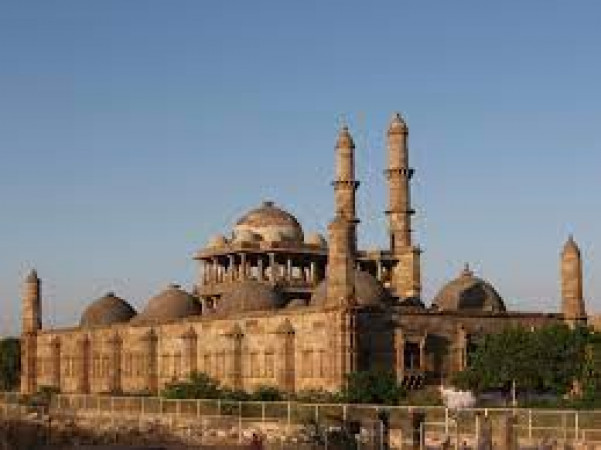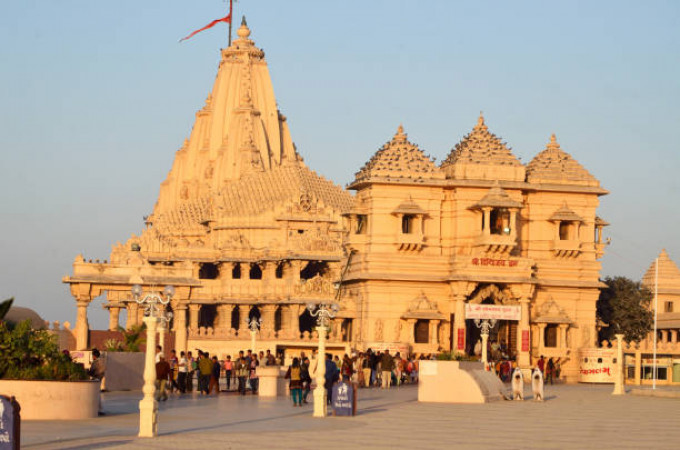Bhuj Travel Guide
Bhuj, located in the western state of Gujarat, India, is a city steeped in history and culture. Known for its rich heritage, Bhuj is famous for its intricate handicrafts, royal palaces, and vibrant festivals. The city was founded in the 16th century and has since been a prominent center for trade and commerce.Top Attractions in Bhuj
- Prag Mahal
- Aina Mahal
- Kutch Museum
- Great Rann of Kutch
- Hamirsar Lake
Bhuj is Famous for
Handicrafts and TextilesTop Attractions in Bhuj
- Exploring the White Desert at the Great Rann of Kutch
- Visiting the historic Prag Mahal
- Shopping for traditional handicrafts at local markets
- Witnessing the artistry of Aina Mahal
- Enjoying the serene views of Hamirsar Lake
What's Great about Travelling to Bhuj?
- Rich cultural heritage
- Unique handicrafts and textiles
- Scenic beauty of the Rann of Kutch
- Historic palaces and museums
- Festivals and local cuisine
What's Not So Great about Travelling Bhuj?
- Limited public transportation options
- Extreme temperatures during summer months
- Language barrier for non-Gujarati speakers
- Crowded tourist spots during peak seasons
Travel Tips for Bhuj
- Obtain necessary permits for visiting restricted areas
- Book accommodations in advance, especially during festivals
- Respect local customs and traditions
- Stay hydrated and carry sunscreen while exploring outdoor attractions
Important Bhuj trip information
- Ideal Duration: 2-3 days
- Best Time to Visit: November to February
- Nearby Airports and Railway Stations: Bhuj Airport and Bhuj Railway Station
Top 15 Places to visit in Bhuj
Per Person
16,799
*EXCLUDING APPLICABLE TAXES 3.9 Ratings
( 74 Reviews )
( 74 Reviews )
Per Person
21,790
*EXCLUDING APPLICABLE TAXES 3.9 Ratings
( 74 Reviews )
( 74 Reviews )
Per Person
11,599
*EXCLUDING APPLICABLE TAXES 3.9 Ratings
( 74 Reviews )
( 74 Reviews )
Per Person
37,490
*EXCLUDING APPLICABLE TAXES 3.9 Ratings
( 74 Reviews )
( 74 Reviews )
Per Person
11,599
*EXCLUDING APPLICABLE TAXES 3.9 Ratings
( 74 Reviews )
( 74 Reviews )
Per Person
26,336
*EXCLUDING APPLICABLE TAXES 5.0 Ratings
( 393 Reviews )
( 393 Reviews )
FAQ's on Bhuj
Q1: What is the best time to visit Bhuj?
The best time to visit Bhuj is during the winter months from October to March when the weather is pleasant and ideal for exploring the city. This period also coincides with the Rann of Kutch Festival, a major cultural event in the region. Avoid visiting during the summer months as temperatures can soar, making outdoor activities uncomfortable. Monsoon season from July to September brings heavy rainfall, which may disrupt travel plans.
Q2: Do I need a visa to travel to Bhuj?
Yes, travelers to Bhuj, India, require a valid Indian visa to enter the country. Tourists can apply for an e-Visa online or obtain a traditional visa through the Indian consulate or embassy in their home country. Make sure to check the visa requirements well in advance of your trip to ensure a smooth travel experience.
Q3: What are the must-visit attractions in Bhuj?
Bhuj offers a rich tapestry of attractions, including the historic Aina Mahal Palace, Prag Mahal, and the Kutch Museum. Don't miss the Great Rann of Kutch, a mesmerizing salt desert, and the picturesque Hamirsar Lake. Explore the nearby villages of Bhujodi and Hodka to witness the local artisan crafts and traditional way of life. The Bhuj market is a bustling hub for shopping handicrafts and textiles, while the Dholavira archaeological site provides insights into the ancient Indus Valley Civilization.
Q4: Is Bhuj a safe place to travel?
Bhuj is generally a safe destination for travelers. However, like any other place, it's essential to stay cautious and be aware of your surroundings, especially in crowded areas. Avoid venturing into isolated areas at night and take necessary precautions to safeguard your belongings. Stay updated on local news and follow any travel advisories issued by your government. Overall, exercising common sense and being respectful of local customs can contribute to a safe and enjoyable visit to Bhuj.
Q5: What is the local currency in Bhuj and can I use credit cards?
The local currency in Bhuj, India, is the Indian Rupee (INR). ATMs are readily available in the city, allowing you to withdraw cash using international debit or credit cards. While larger establishments and hotels may accept credit cards, it's advisable to carry sufficient cash when visiting smaller shops or local markets. Inform your bank of your travel plans to avoid any issues with card transactions abroad.
Q6: What is the local cuisine like in Bhuj?
Bhuj's cuisine offers a delightful blend of flavors, with influences from Gujarati, Rajasthani, and Sindhi culinary traditions. Indulge in local favorites like Kutchi Dabeli, a spicy potato sandwich, and Khichdi Kadhi, a comforting rice and lentil dish served with tangy yogurt curry. Don't miss out on the traditional Gujarati thali, a platter of assorted vegetarian dishes. For those with a sweet tooth, try the famous Kutchi Dabeli, a sweet and savory snack. Be sure to sample the local street food and visit the bustling food markets for an authentic culinary experience.
Q7: What transportation options are available in Bhuj?
Bhuj offers various transportation options for travelers, including auto-rickshaws, taxis, and local buses. Auto-rickshaws are a convenient and affordable way to navigate the city, while taxis provide more comfort and privacy for longer journeys. Rental cars are also available for those who prefer self-driving. Public buses connect Bhuj to nearby towns and villages, offering a budget-friendly mode of transportation. Additionally, hiring a guide or joining organized tours can enhance your travel experience and provide insights into the local culture and heritage.
Q8: Are there any cultural norms or etiquette I should be aware of when visiting Bhuj?
When visiting Bhuj, it's essential to respect the local customs and etiquette to ensure a positive interaction with the community. Dress modestly, especially when visiting religious sites or rural areas, to show respect for local traditions. Always remove your footwear before entering homes, temples, or mosques. Greet locals with a polite "Namaste" or "Salaam" and seek permission before taking photographs, especially of individuals. Avoid public displays of affection, as these may be considered inappropriate in conservative settings. Embrace the rich cultural diversity of Bhuj by participating in local festivals and events, and be open to learning about the region's history and heritage from residents.
Q9: I am a travel agent. How can I buy travel leads of Bhuj?
Register yourself as a travel agent at agents.tripclap.com and then you can buy travel leads to Bhuj once your account is approved. For more details contact our support team at +91-8069186564 or support@tripclap.com
